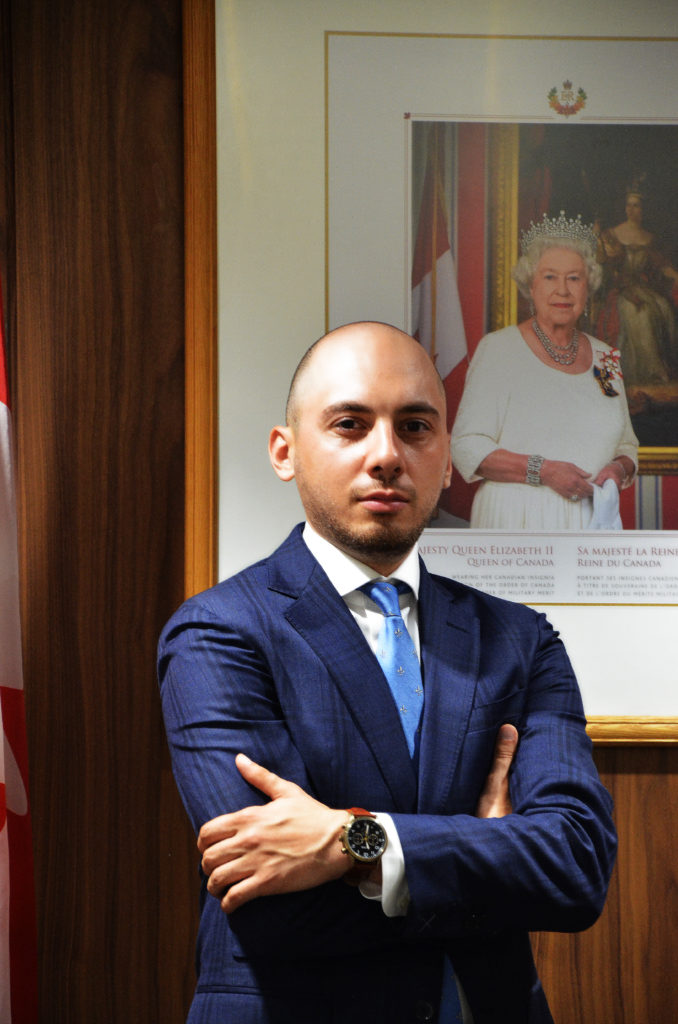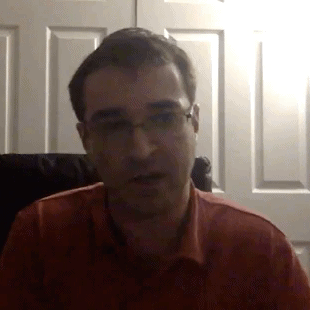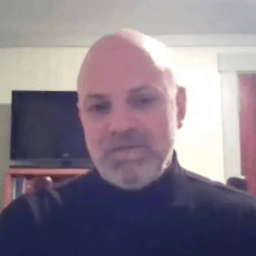Start Your Study Permit APPEAL Process!
Find out how you could appeal and have approval for your Study Permit and obtain Permanent Residence by study in Canada as international student.
Why was my Canadian study permit application refused?
Study permit application requires the officer from a Canadian embassy to assess the person applying for Canadian study visa on certain grounds. Including reason for study, profile of applicant, proof of funds and attachments to their country of application. Your likelihood of returning to your country once they approve your visa. You could always re-apply, but another option is to work with a professional to put a defence of your visa application and provide you with the best chance of obtaining a Canadian study permit.
What are some of the reasons for refusal of a study permit application by a Canadian visa officer?
- I am not satisfied that you will leave Canada at the end of your stay, as stipulated in subsection 216(1) of the IRPR, based on the purpose of your visit.
- I am not satisfied that you will leave Canada at the end of your stay, as stipulated in subsection 216(1) of the IRPR, based on your travel history.
- I am not satisfied that you will leave Canada at the end of your stay, as stipulated in subsection 216(1) of the IRPR, based on your personal assets and financial status.
- I am not satisfied that you will leave Canada at the end of your stay, as stipulated in
subsection 216(1) of the IRPR, based on the limited employment prospects in your country of residence. - I am not satisfied that you will leave Canada at the end of your stay, as stipulated in
subsection 216(1) of the IRPR, based on your current employment situation. - I am not satisfied that you will leave Canada at the end of your stay, as stipulated in subsection 216(1) of the IRPR, based on your family ties in Canada and in your country of residence.
What are my options after refusal of Canadian study permit by the embassy?
We strongly urge you understand the reasons for the rejection and consider a strong application before re-applying. Working with a professional such as a lawyer or a RCIC in good standing might benefit you. They can prepare your files carefully for you, assist you with the right approach and make a strong defense of your new application. They should have understanding of the law and what the officer assesses your application in the Canadian embassy to provide you with the best chance of a approval for Canadian visa.
How do I renew a study permit in Canada?
International students who obtain letter of acceptance (LOA) are able to apply for a study permit. Average decision period for study permits are between 4-16 weeks time. You could check processing time for a study permit by clicking here.
Beginning steps to check eligibility to get a study permit to study Canada as international student:
- Obtain a letter of acceptance from a designated learning institution in order to submit an application for a study permit
- Prove that he or she has sufficient financial support to cover the first year of tuition, as well as living expenses and return transportation to his or her home country
- Obtain a Certificat d'acceptation du Quebec (Quebec Acceptance Certificate, or CAQ) if he or she wishes to study in Montreal or elsewhere in the Province of Quebec
- Have clean record. Applicants with a criminal background, or who pose a risk to Canadian security, may be refused. IRCC may request an applicant to supply a police clearance certificate
- Be in good health. IRCC may request an applicant to complete a medical examination; and,
- Satisfy the immigration officer that he or she will leave Canada at the end of the stay authorized by the study permit.
What documents are required to complete a Canadian study permit application?
- Passport for the applicant and every family member included on the application;
- Two passport photos for the applicant and each family member included on the application, with the full name and date of birth written on the back;
- Photocopy of marriage certificate, if applicable; and,
- Any further documents required by specific visa offices.
Start your Process Today by Completing the Online Assessment Form.

When your study permit application is approved, the international student will receive:
- A Letter of Introduction (LOI) confirming the approval. This letter is not the study permit. The prospective student will need to present the Letter of Introduction to the immigration official when arriving in Canada. The immigration official may then issue the study permit to the student.
- An Electronic Travel Authorization (eTA) if he or she is from a country whose citizens need an eTA. In such cases, the eTA is indicated on the Letter of Introduction.
- As the eTA is linked to the applicant's passport, the applicant must travel with the passport used in the study permit application.
- A Temporary Resident Visa (TRV), if he or she is from a country whose citizens need a TRV.
- The TRV will be in the passport. The holder must enter Canada before the expiry date on the TRV.
- The TRV will also indicate if the holder can enter Canada only once (a single-entry visa) or multiple times (a multiple-entry visa). All applicants are automatically considered for multiple-entry TRVs.
- An individual submitting an application for a study permit does not have to submit a separate application for a TRV. If the application is approved, the TRV will be issued along with the Letter of Introduction.
Applicants for a Canadian study permit are required to prove they have enough money to cover the first year of tuition fees. They also need to have the financial resources to support themselves, and any accompanying family members, each year.
Financial resources may be proven with the following information:
- Canadian bank account statements in the applicant's name, if money has been transferred to Canada
- Guaranteed Investment Certificate (GIC) from a participating financial institution
- Proof of a student or educational loan from a financial institution
- The applicant's bank statements from the past four months
- A bank draft in convertible currency
- Proof of payment of tuition and accommodation fees
- A letter from the person or institution providing you with money; and/or
- Proof of a scholarship or funding paid from within Canada
Family or friends of the applicant may also submit letters confirming that they will support the applicant during his or her studies.
The following table show the amounts that a student is required to possess (all amounts in Canadian dollars):
| Number of people | All provinces except Quebec |
|---|---|
| Single student | Tuition plus $10,000 for a 12-month period (or $833 per month) |
| For one accompanying family member add: | $4,000 for a 12-month period (or $333 per month) |
| For each additional family member, add: | $3,000 for a 12-month period per dependent child of any age (or $255 per month) |
In Quebec, the financial requirements for prospective students are different. In addition to tuition fees, a prospective international student is required to show that he or she has the following funds, dependent on his or her situation.
After obtaining a study permit, students may need to renew or change the study permit during the course of their studies in Canada. To learn more about renewing, extending, or changing the conditions of a study permit, click here.
If a student at a post-secondary institution wishes to change institutions, study program, or level of study he or she does not need to apply for a new study permit. However, he or she is required to update IRCC upon changing institutions. For example, a student may move from Bachelor level to Master's level, or from Geography to Philosophy, or from a college to a university, without applying for a new study permit. He or she does not need to apply for a change to the condition of the study permit. A student may study in Canada as long as the study permit is valid.
However, an international student moving from elementary school to high school, or from high school to a post-secondary institution, is required to apply for a change in the conditions of the study permit.
Study permits expire 90 days after graduation, regardless of the date printed on the study permit itself. It is extremely important that international graduates update their status with IRCC within 90 days of graduation, or they risk losing status in Canada.
Many graduates are eligible to apply for a Post-graduation Work Permit (PGWP). The PGWP allows the holder to work for any employer anywhere in Canada for up to three years after graduation. Work experience gained on a PGWP may help facilitate an application for Canadian permanent residence, especially through programs such as the Canadian Experience Class and certain Provincial Nominee Program (PNP) streams. Click here to view the list of Canadian immigration options you can pursue after studying in Canada.
If an international graduate does not apply for a PGWP, he or she may do the following to maintain legal status in Canada:
- Apply to change status to a visitor;
- Obtain another work permit if they are eligible for one (e.g., an employer-specific work permit);
- Apply for another study permit to continue a different study program. For example, a graduate may wish to continue on to a Master's degree program after graduating with a Bachelor degree; or,
- Leave Canada.






